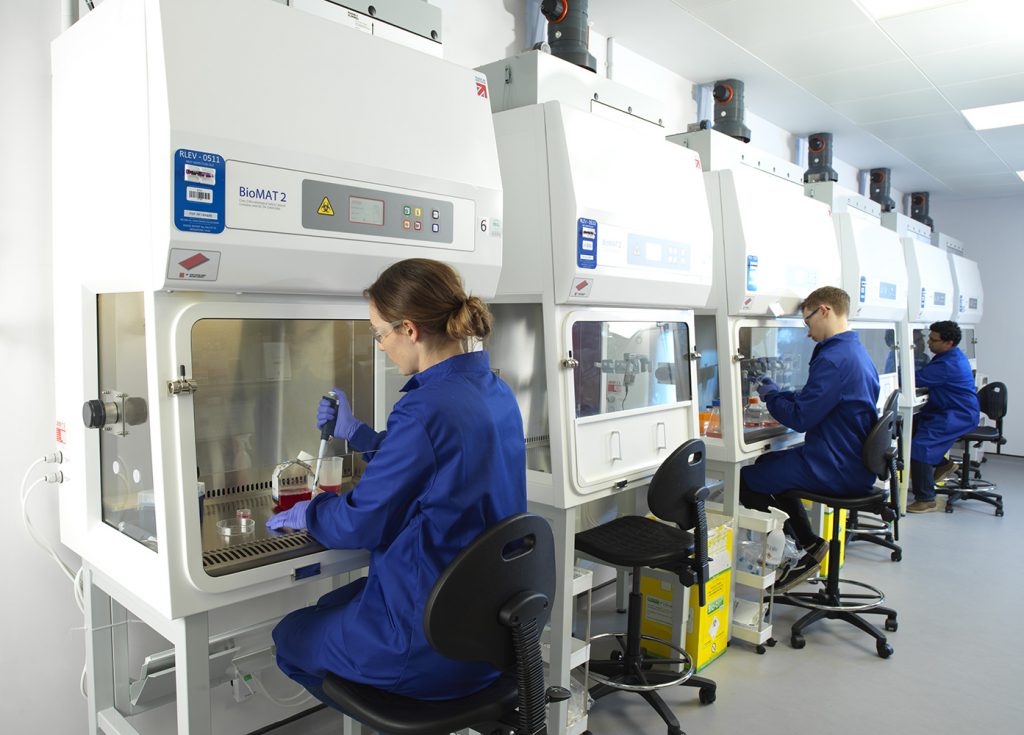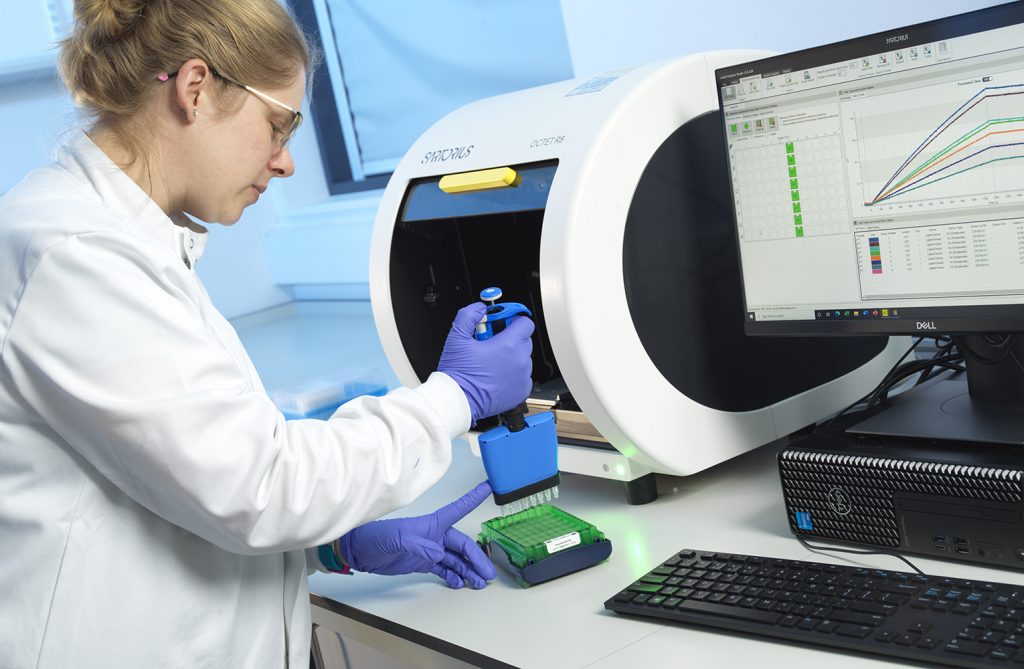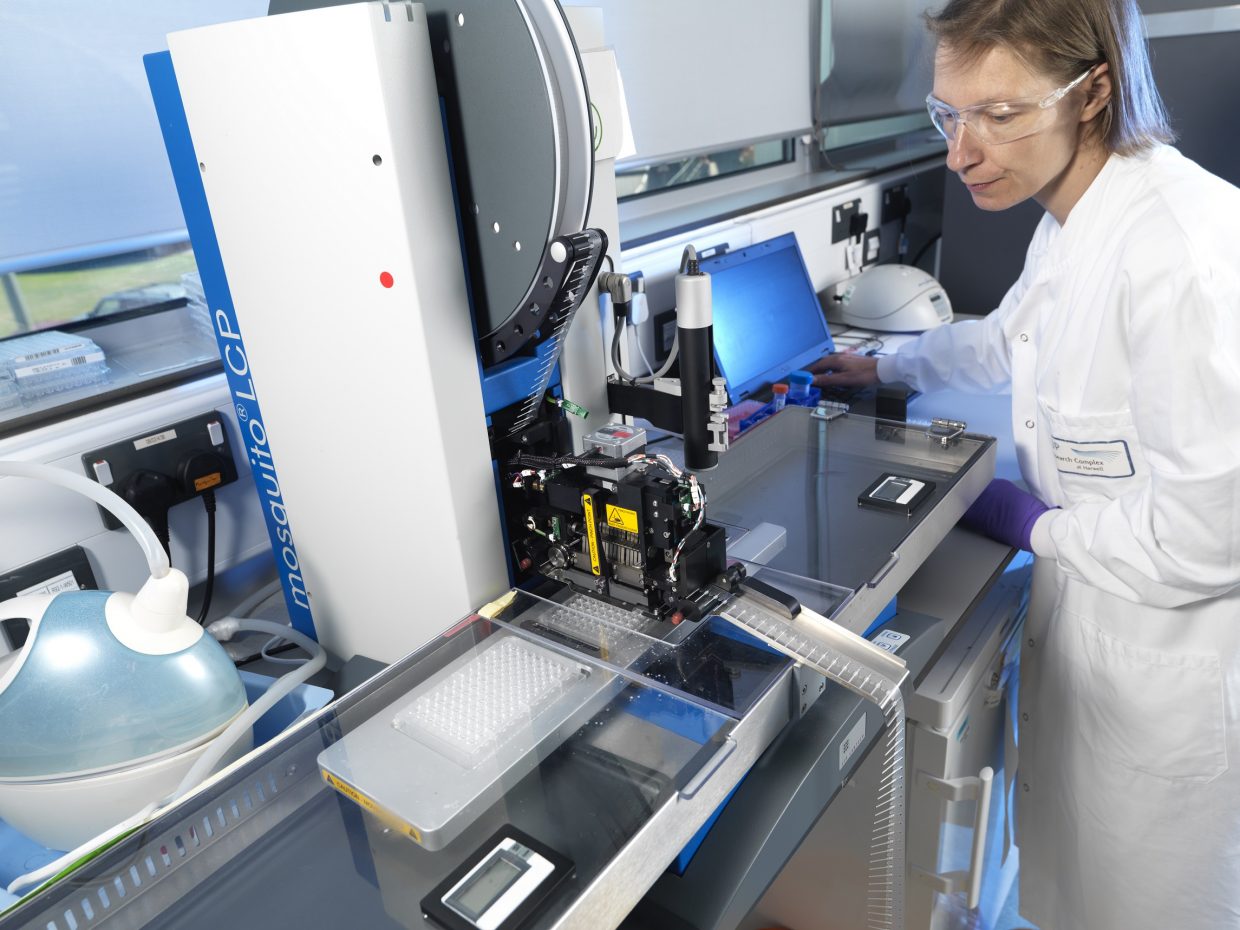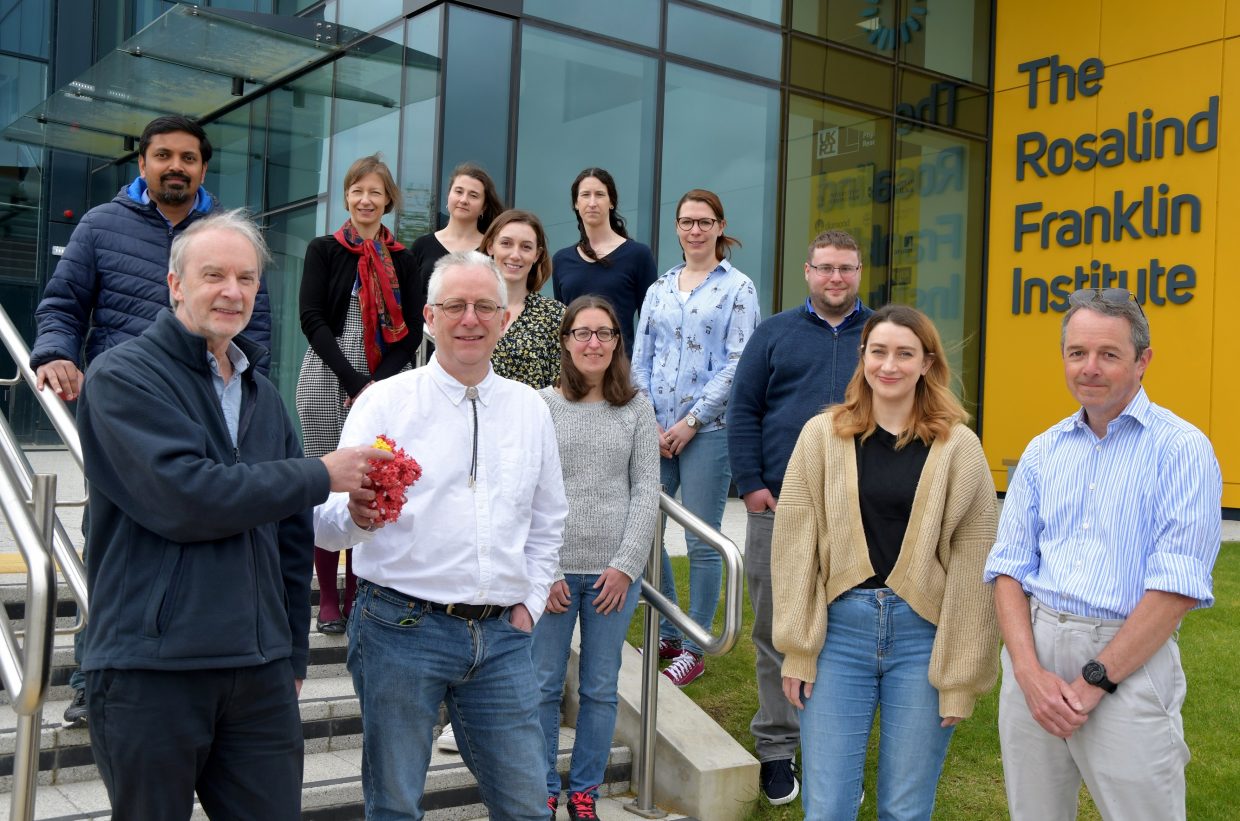Scientists hailing from University of Oxford have scooped a total of seven prizes for outstanding contributions to chemical sciences from the Royal Society of Chemistry’s Horizon Prize programme.

The Horizon Prizes celebrate the most exciting, contemporary chemical science at the cutting edge of research and innovation. These prizes are for teams or collaborations who are opening up new directions and possibilities in their field, through ground-breaking scientific developments.
The winners this year include:
Dr Emily Flashman who wins the Norman Heatley Award in recognition of brilliance in research and innovation for her work exploring the role of enzymes in plant and humans in response to reduced oxygen availability.
Professor Laura Hertz who wins the Environment, Sustainability and Energy Division mid-career award for advancing the development of solar cells through light-harvesting materials.
Professor Volker Deringer who wins Harrison-Meldola Memorial Prize for his innovative contribution to the understanding of amorphous materials.
Professor Peter Bruce who wins the Longstaff Prize for his pioneering research on the chemistry of materials with applications in renewable energy.
Professor Timothy Donohoe who wins the Tilden Prize for his development of carbon-carbon bonds that form the base of a variety of molecules used across pharmaceuticals and agrochemicals.
Molecular Flow team led by Professor Gus Hancock who won the Analytical Division Horizon Prize: Sir George Stokes Award for their development of a molecular flow sensor for non-invasive breath analysis measuring respiratory disease and cardiac output.
Rosalind Franklin Institute
Prize winning team
Photograph Sean Dillow
www.TheBigCheesePhotography.co.uk
Team Nanobodies led by the Rosalind Franklin Institute in Oxford and with international collaborators who won the Chemistry Biology Interface Division Horizon Prize: Rita and John Cornforth Award for their development of nanobodies for the fight against COVID-19.
The winners join a prestigious list of past-winners in the RSC’s prize portfolio, of which 50 individuals have gone on to win Nobel Prizes for their work, including including 2016 Nobel laureates Jean-Pierre Sauvage, Fraser Stoddart and Ben Feringa.

Dr Helen Pain, Chief Executive of the Royal Society of Chemistry, said: “Some of the most incredible work in chemical science is carried out by individuals and teams who use their diversity of thought, experience and skills to deliver astonishing results. These synergies are often at the very forefront of expanding our understanding of the world around us, and why our judges have such a difficult job selecting winners for our Horizon Prizes.
“Although we are in the midst of negotiating a particularly turbulent and challenging era, it is important to celebrate successes and advances in understanding as genuine opportunities to improve our lives. The plethora of winners hailing from the University of Oxford exemplifies innovative, life changing science and we’re very proud to recognise their contribution today.”

The Royal Society of Chemistry’s prizes have recognised excellence in the chemical sciences for more than 150 years. In 2019, the organisation announced the biggest overhaul of this portfolio in its history, designed to better reflect modern scientific work and culture.
University of Oxford
www.ox.ac.uk
…



Leave A Reply